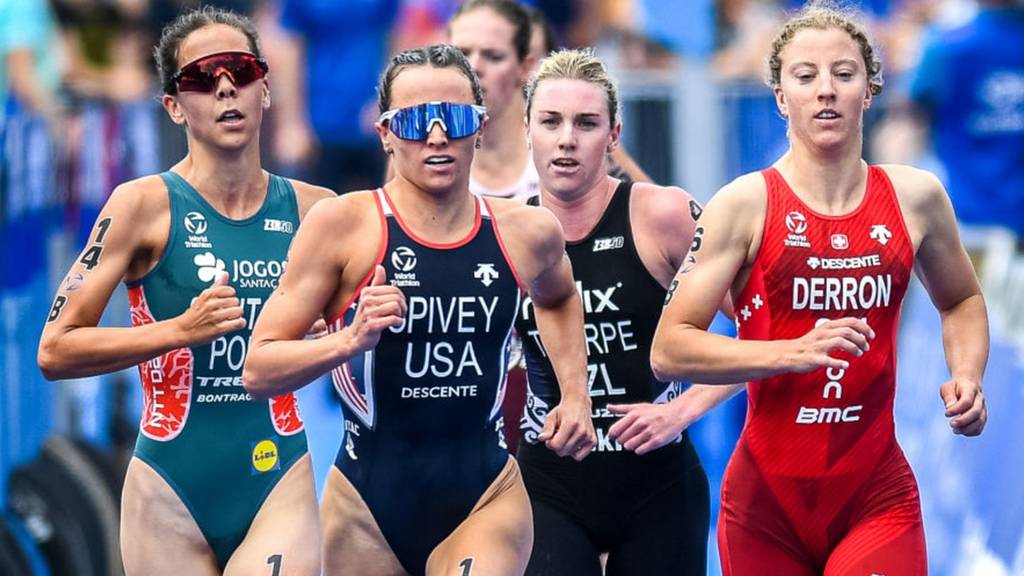A Ultimate Handbook to Boosting Health through Triathlon Guidance
Within the current rapidly changing environment, finding a method to enhance both health and athletic capability can seem like a daunting task. For many, the quest of physical fitness often feels intimidating, with countless options and contradictory advice. Nonetheless, there exists a proven method that can successfully connect the gap between health and performance: triathlon coaching. This comprehensive methodology not only concentrates on the bodily aspects of training but also incorporates vital elements of diet, recovery, and psychological resilience.
Triathlon training is created to help individuals realize their full potential, regardless of their starting point. By combining aquatics, cycling, and jogging into a cohesive training program, participants can develop endurance, improve their heart and lung fitness, and enhance their overall health. With customized coaching adapted to specific goals, athletes can discover to push their boundaries while making sustainable lifestyle modifications that improve both their physical and mental well-being. Adopting this comprehensive approach can genuinely transform the way one experiences physical activity, making it more than a goal but a rewarding journey towards optimal wellness.
Perks of Triathlete Coaching
Triathlon coaching provides customized training plans tailored to an athlete's distinct objectives, ability, and timing. This personal approach ensures that each athlete, be it a beginner or an experienced competitor, obtains the guidance required to improve performance efficiently. Coaches can evaluate talents and weaknesses, allowing for targeted workouts that enhance velocity, endurance, and form across the swim, the bike, and the run.
An additional significant pro of multisport coaching is the responsibility and drive it creates in athletes. When you have a coach implies you have someone to support you on difficult days and help you maintain focus to your training plan. This network is crucial for maintaining commitment, particularly when faced with the inevitable ups and downs of a training cycle. Coaches can also provide valuable insights into repair, diet, and mental strategies, making certain athletes are balanced in their methods.
Additionally, multisport coaching supports athletes to steer clear of common errors that can result in harm or exhaustion. Coaches often highlight the necessity of correct technique and pacing, which can stop overtraining and guarantee long-term sustainability in the sport. By fostering a better understanding of training principles and race tactics, a coach can help athletes reach their best performance while improving their overall health and condition.
Key Components of Effective Coaching
Successful triathlon coaching relies on individualized training plans tailored to an athlete's unique abilities, goals, and circumstances. Each person requires a strategy that aligns with their current fitness level, available time for training, and specific race targets. A proficient coach will assess these factors regularly and modify the training plan to ensure optimal progress while minimizing the risk of injury.
Another key element of successful coaching is the integration of proper nutrition and recovery strategies. Coaches must highlight the importance of fueling the body properly before, during, and after workouts to maintain energy levels and recovery. They should also educate athletes about the necessity of rest and recovery, highlighting that these elements are equally important as the training itself for enhancing performance and sustaining long-term health.
Finally, positive communication and motivation play a significant role in triathlon coaching. A good coach builds a supportive relationship with their athletes, providing consistent feedback and encouragement. This connection helps in cultivating a positive mindset and resilience during challenging training periods or competitive events. By maintaining open lines of communication, coaches can better tackle concerns, adapt strategies, and maintain athletes involved throughout their journey.
Setting Goals and Monitoring Advancements
Establishing clear and achievable objectives is crucial for anyone involved in triathlon coaching . Objectives provide direction and motivation, helping athletes concentrate their training efforts effectively. When establishing these objectives, it's important to make them specific, measurable, achievable, relevant, and time-bound, often referred to as the SMART criteria. For instance, an athlete might set a goal to achieve a certain distance in a designated time or enhance their swim technique over the next few months. This specificity helps create a roadmap for success.
Monitoring progress is just as vital in the journey toward achieving these objectives. Athletes should consistently monitor their training sessions, noting improvements in performance and areas needing attention. Utilizing training logs or apps can ease this process, allowing coaches and athletes to analyze data such as pace, heart rate, and distance. Regular evaluations on these metrics not only keep motivation elevated but also enable changes in training plans to enhance results.
Additionally, celebrating achievements along the way plays an essential role in maintaining enthusiasm. As athletes reach their objectives—be it finishing a difficult workout or achieving a personal best in a race—it cultivates a sense of accomplishment that encourages them to stay committed. Triathlon training focuses on the journey, and by establishing specific goals and continuously tracking progress, athletes can maximize their performance while enhancing their overall health.
